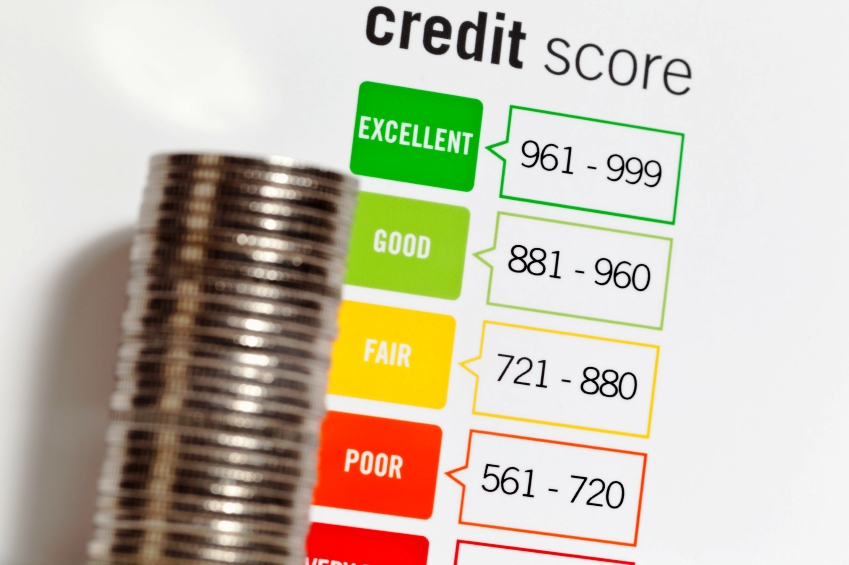 Consumers who have made on-time rental payments had been frustrated that their histories didn’t count in credit scores. The non-reporting of key credit records is costly to renters, economy as a whole. Why? Because the landlord, phone and cable companies, and many other creditors don’t report your payments to Equifax, Experian or TransUnion, the big three credit bureaus. In the all-voluntary American credit system, they are not required to report anything to anyone.
Consumers who have made on-time rental payments had been frustrated that their histories didn’t count in credit scores. The non-reporting of key credit records is costly to renters, economy as a whole. Why? Because the landlord, phone and cable companies, and many other creditors don’t report your payments to Equifax, Experian or TransUnion, the big three credit bureaus. In the all-voluntary American credit system, they are not required to report anything to anyone.
Inclusion of rental data in credit profiles can raise credit scores, study says Experian is exploring ways to include utilities, cable payments into credit reports
Anybody buying a first home quickly learns how important credit scores are to mortgage lenders. They like them high. But if you’ve been renting for years and have a stellar record of monthly payments to your landlord, you typically run into a sobering reality when you shop for a mortgage: All your on-time payments show up nowhere in your credit bureau files and do not contribute to your scores. Ditto for other routine credit payments — your cellphone bills, cable and satellite TV, utilities. You may have perfect payment histories for all of these, but nobody knows about them.
Experian announced recently that it is teaming up with RentTrack, a service that enables tenants nationwide to pay their rents online and have their monthly payments included in Experian credit reports. TransUnion confirmed that it too is working with RentTrack and is introducing a “ResidentCredit” service that encourages rental property managers to report monthly payment information for their tenants. Experian also partnered recently with Capita’s software services business to share rental data
TransUnion also released a new research study that showed how the inclusion of rental data can raise consumers’ scores. When their monthly payments were reported to the bureau by landlords, nearly 20% of renters saw a 10-point increase or more in their score after just one month. Nearly two-thirds of renters saw at least some increase in their scores within a month or remained neutral.
The same study documented that simply transitioning from renter status, in which monthly payments are not reported, to homeowner, in which mortgage payments show up in credit reports, boosts most consumers’ scores. On average, TransUnion said, people who bought a first home in 2012 saw a 5.2% increase in their credit scores during the year. With the advent of ResidentCredit, the company said, rental managers and landlords would be able to report payment information at no charge, and that TransUnion would, if requested, share the data with other national credit bureaus for inclusion in their records and scores.
Equifax has created a consumer services database on individuals’ telecommunications, utilities, cable and satellite payments that mortgage lenders can access if borrowers believe these records will improve their chance to qualify.
ECredable.com, an alternative credit data company, will verify a long list of your payments that aren’t reported to the major bureaus, then create a credit report and score based on these records. You can then present them to a mortgage loan officer and request that the information be considered as part of your application. Under federal credit regulations, the mortgage company is required to do so.
Source: Latimes.com






















